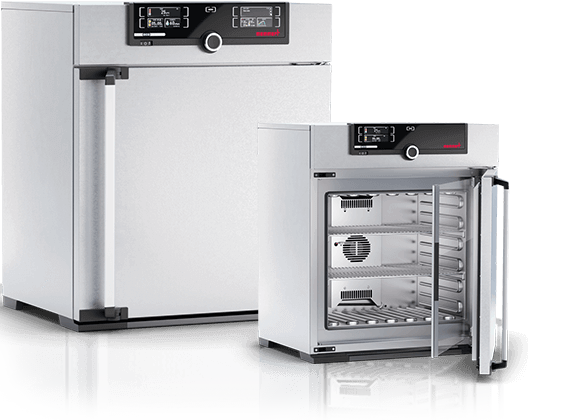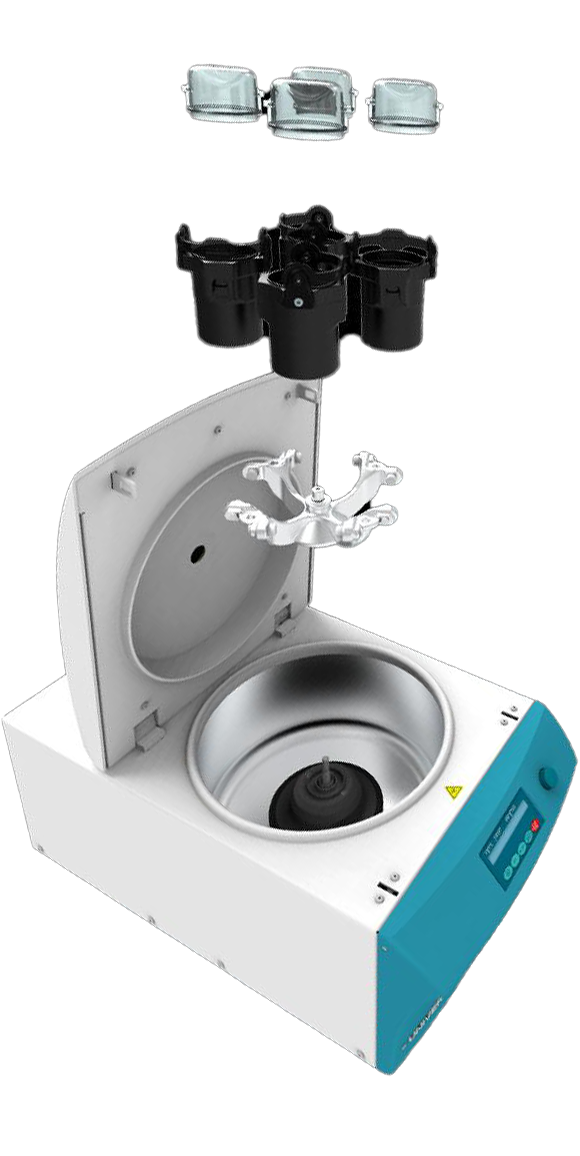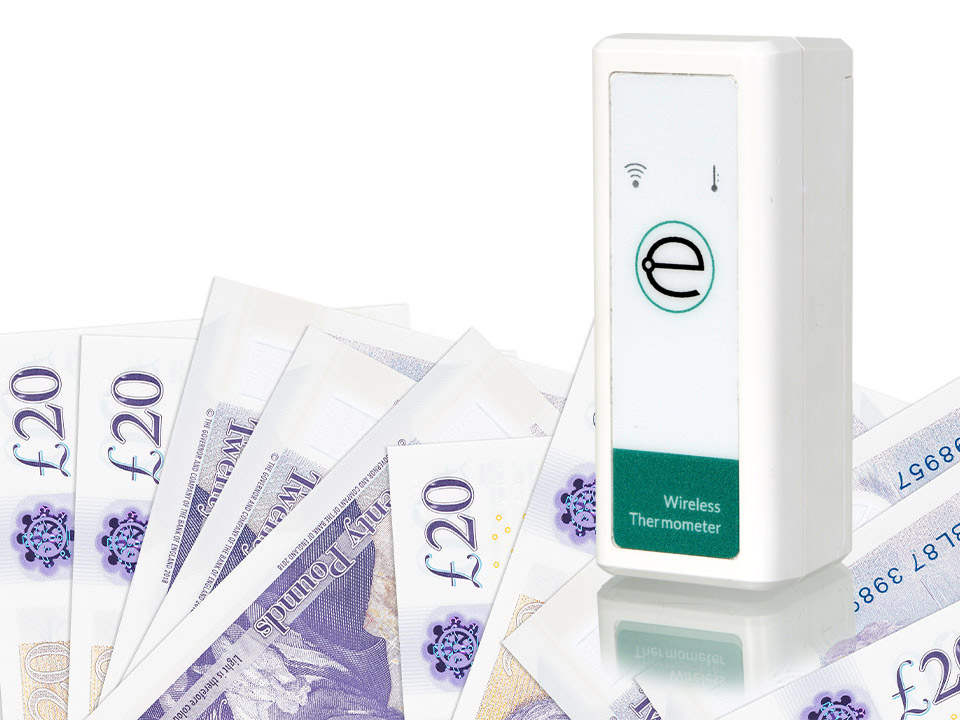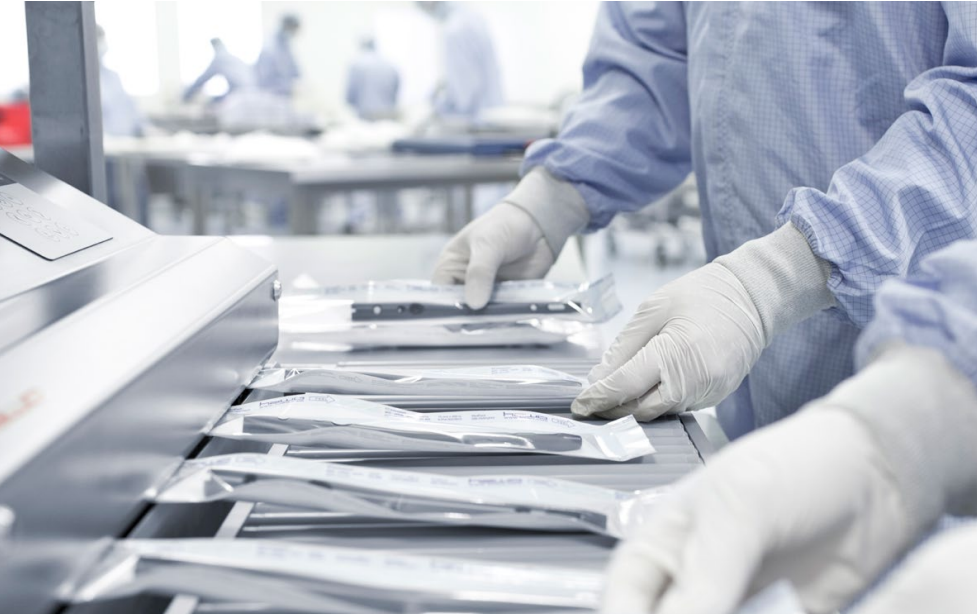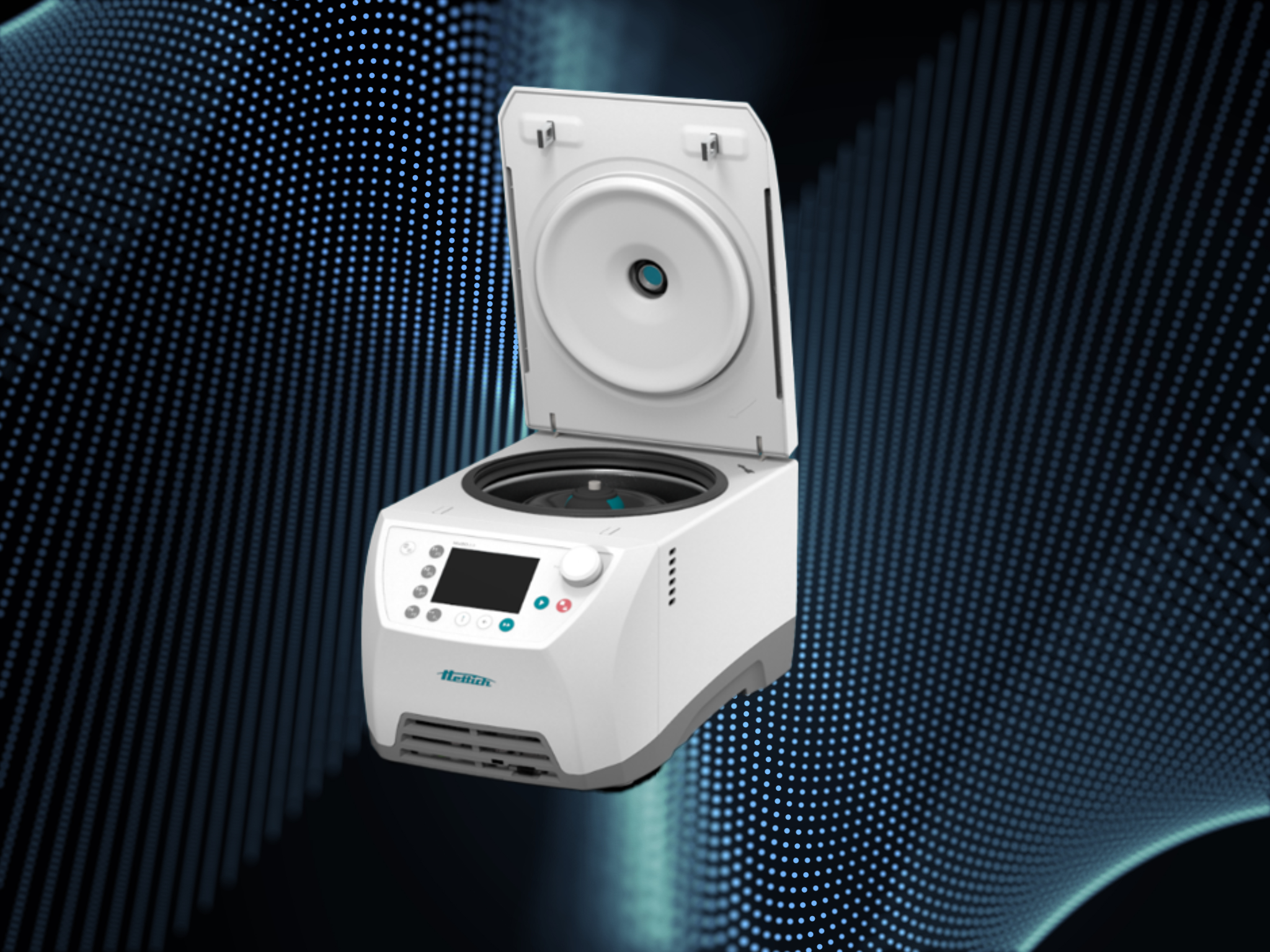Eupry is an easy-to-use, wireless temperature monitoring system for use in refrigerators, freezers, incubators and storage rooms to name a few. In fact, the system can be used anywhere where the user wishes to monitor temperature within a pre-defined range.
The company was established in 2014 in Denmark and despite its short life, it has already become a market leader in temperature monitoring solutions. One of the reasons for its popularity is because the system saves the user a lot of time and money.
Consider the cost of time
People often say: ‘time is money’. However, it is sometimes difficult to really gauge what this means. How do you truly quantify time? Using a fictious example, we will try to put a monetary figure on this time and see how much Eupry can actually save you in the long term.
The case of Miss Elliott
We are not talking about Baroness Orczy’s first collection of detective stories here! Let us imagine a very diligent laboratory technician working in a lab somewhere in England. Her name is Miss Elliott and let’s say she earns a gross income of £26,000 per annum and works 37.5 hours a week. This would mean that Miss Elliott’s hourly rate is around £13.33 per hour.
Every morning, Miss Elliott starts her day by manually checking the temperatures of all the refrigerators. There are 20 in total and this takes around 20 minutes a day as she has to walk to different departments in two different buildings which takes time. This means that it costs her employer around £4.44 every day for Miss Elliott to manually walk around site and check each refrigerator.
Manual checks have to be performed every day and when Miss Elliott is not there over the weekend, her colleague Miss Jackson does it. Miss Jackson is a manager and so earns considerably more money than Miss Elliott. Miss Jackson earns £35,000 per annum and she carries out the checks on the weekend when Miss Elliott is off. This means Miss Jackson’s hourly rate is approximately £17.95. As she also spends 20 minutes each day checking the refrigerators, her employer is therefore paying Miss Jackson £5.98 a day to carry out the checks.
So in short, this means that the total weekly cost to check all the refrigerators is £34.16. Over the course of a year, this will total £1,776.32.
However, the employer in this example also has to pay National Insurance Contributions for both Miss Elliott and Miss Jackson. This makes the total figure around £2,000 per annum.
Additional costs
It is not only time that needs to be considered. Say for example, each digital temperature costs £80 to calibrate each year with an external provider. That is a total of £1,600 per annum in calibration costs. Furthermore, the loggers have to be sent away for calibration meaning that every year, there is a loss of data for several days. This down time could prove critical as we will now demonstrate:
Insurance claim
If we take our case of Miss Elliott as an example. Let’s say that one year, Miss Elliott collected all the loggers and sent them away for calibration. Miss Elliott did this because it was cheaper to calibrate all the loggers at one time rather than one-by-one. The loggers were away for 1 week with the external calibration company and during that time, one of the refrigerators developed a fault. The fault happened over the weekend when Miss Jackson was supposed to be checking the temperatures. However, Miss Jackson fell sick on these days and so nobody realised there was a problem until Miss Elliott came in on Monday morning. This meant that life critical medication was being stored at temperatures that were too warm for over 24 hours. The consequence of this was that all the medication being stored in that refrigerator had to be destroyed, resulting in a loss of nearly £10,000 worth of medication.
The Company did make an insurance claim but this meant that their premium increased by £600 the following year.
Replacement loggers
The temperature probes are quite old and every year one or two of them stop working. Each replacement costs £20. This also adds to the overall cost as summarised below:
Cost of time to check all refrigerators = £2,000
Annual calibration of each temperature probe = £80 x 20 = £1,600
Cost of insurance claim = £600 added to following year’s premium
Replacement probe (x2) = £40
Total annual cost = £4,240
How the Eupry system can help
The above worked example is a very rough and ready way of demonstrating how Eupry really can save you money in the long term. Of course, each laboratory works differently and there may be other costs that we have not illustrated here.
Eupry loggers start from as little as £135 per annum. This works out to less than 37 pence a day and for this you have full peace of mind. There is no need to perform daily checks as data is automatically sent to the cloud 24/7. Furthermore, in the event of a problem, the user is alerted by SMS and/or email. Users can implement ‘grey zones’ meaning that they are warned well in advance if the temperature starts to rise to dangerous levels. Every year, the user is provided with a set on new calibrated loggers which is covered in the annual premium. This means the user will always have the latest technology in their laboratory.
For more information on how Eupry can save your laboratory time and money, please contact our team on 020 8663 4610 or via email info@henderson-biomedical.co.uk.
